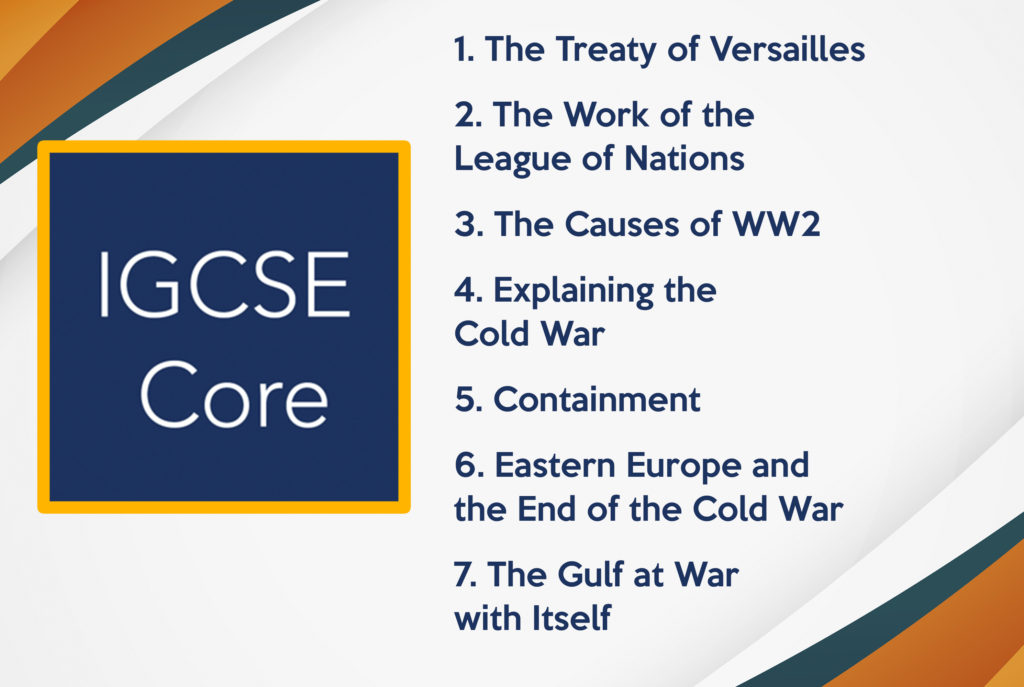| Argument | Counter-Argument |
The Potsdam Conference | Truman regarded Stalin with deep suspicion and took a much tougher stance. There were significant disagreements over Poland and Germany. | There were also significant agreements regarding Poland and Germany, and in the detail of policy which is often the more difficult areas to reach agreement. |
Churchill’s ‘Iron Curtain’ speech | Churchill defined the territorial divide of Europe into two opposing camps: ‘From Stettin in the Baltic, to Trieste in the Adriatic, an iron curtain has descended across the continent….’ | Can a politician no longer in power declare a war? |
The Truman Doctrine | Someone who was in a position of power was the American president, Harry Truman and he seemed to declare a war of sorts when he said, ‘I believe that it must be the policy of the United States to support peoples who are resisting attempted subjugation by armed minorities or by outside pressures. I believe that we must assist free peoples to work out their own destiny in their own way.’ It was the beginning of America’s policy of ‘Containment’. | But no enemy was identified, no demands were made of that unnamed enemy, and no consequences were spelt out. And, of course, no army was mobilised. |
The Berlin Blockade | The first act of the Cold War, and an act that, if something went wrong, could have led to war. The risk was very real. | Yet war didn’t result, and a military option to resolve the issue was available to both sides. |
